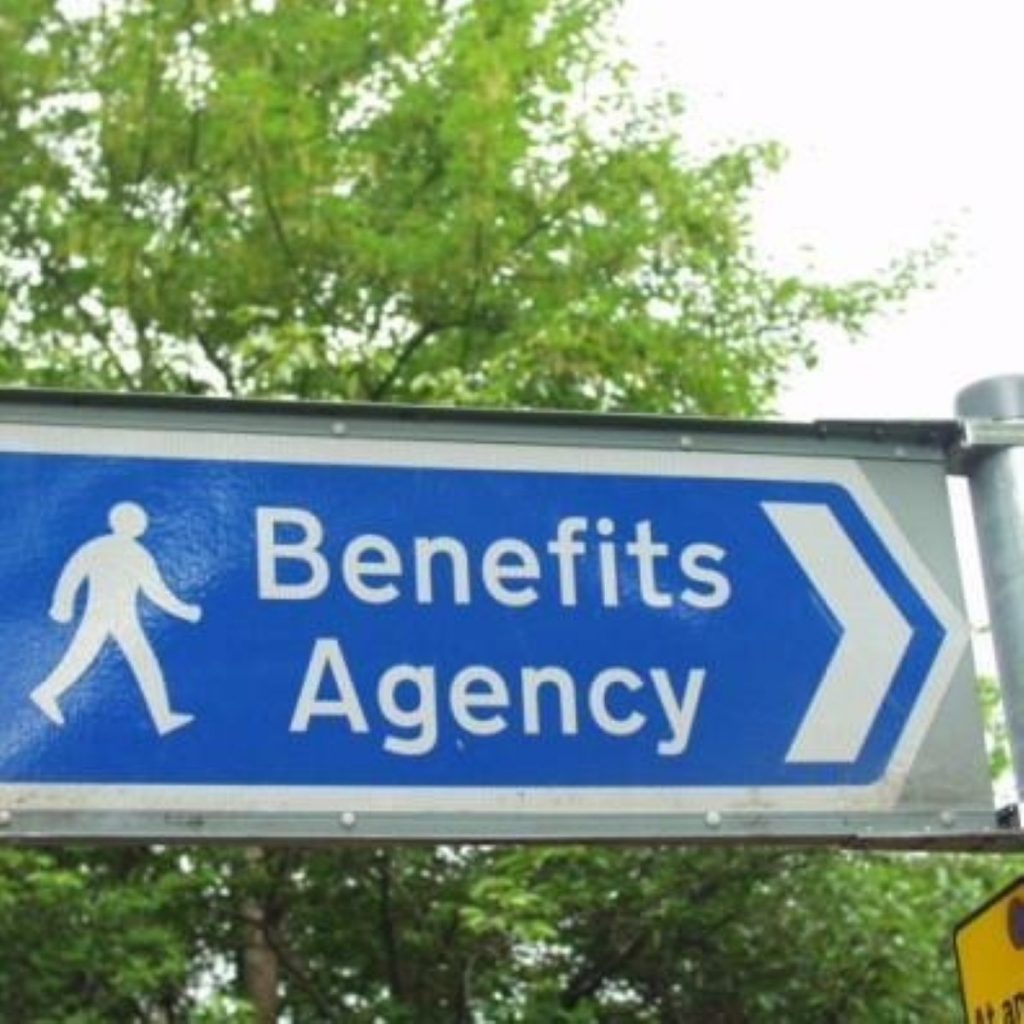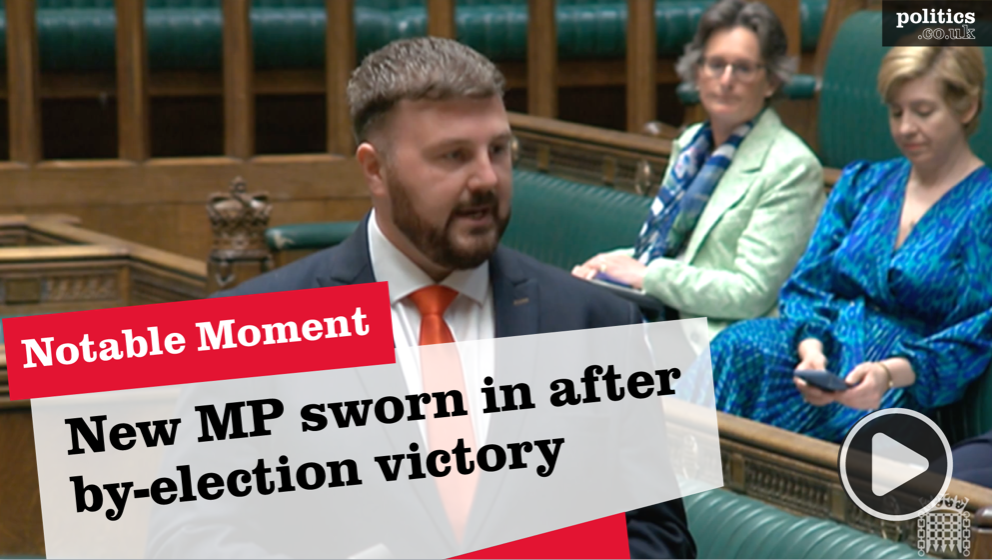State funding for poor families has doubled in the last 30 years
Public funding for families with children has more than doubled in the last 30 years, a new report today claims, to reach £22 billion per annum.
The biggest increase, moreover, have occurred in the last four years, the study shows.
However, the figures from the Joseph Rowntree Foundation and the Institute for Fiscal Studies also suggest that the relative significance of universally paid benefits, such as Child Benefit and more recently Child Tax Credit, has declined steadily over this period.
The figures suggest that the Government is making progress towards its target of eliminating child poverty, but also confirm the accusation that it is increasingly subjecting low-income people to means-testing.


State financial support for children is now higher than at any time in the last 30 years, accounting for 2 per cent of Gross Domestic Product and 4.7 per cent of overall Government spending.
This rise is in the context of a dwindling child population – so the level of spending per child has risen even more quickly, from £13.41 in 1975 to £32.57 today.
Mike Brewer, a senior research economist at the IFS and a co-author of the report, declared, “Parents are now receiving much more financial support from the state to help them bring up their children than at any time in the past 30 years, with much of the increase occurring under the current Government.
“But if policy makers wish to use the costs of raising children as a guide to setting levels of financial support for children, we need to understand better how these costs vary across different sorts of families and change over time.”











